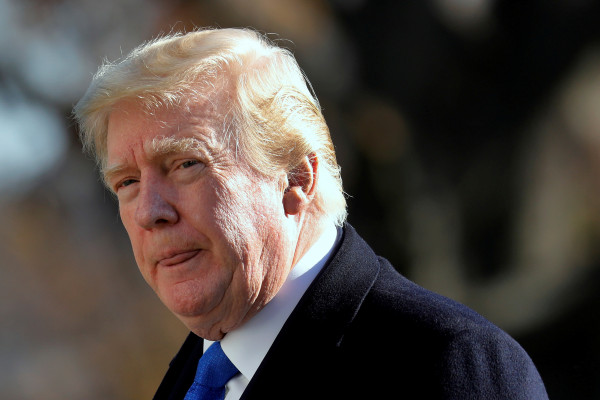Trump's Claims on Declassification Challenged by National Archives Evidence

Sixteen presidential records suggesting former President Donald Trump and his top aides were aware of the correct declassification procedures may counter Trump's assertion that the documents he took were automatically declassified, according to sources familiar with the special counsel's investigation.
The National Archives intends to release these records to special counsel Jack Smith, as stated in a letter dated May 16, addressed to Trump from acting Archivist Debra Steidel Wall. The documents, which were subpoenaed earlier this year, are communications involving close presidential advisers, and some are addressed to Trump himself concerning the declassification of certain classified records.
The documents are crucial as they may demonstrate Trump's understanding of the declassification process, central to the investigation into his alleged mishandling of classified documents. The material could also shed light on Trump's intentions and whether he knowingly violated protocols.
Despite the procedural norms, Trump and his allies have maintained that the president had no obligation to follow a specific process for declassification. Last week, Trump stated in a CNN town hall that the documents he removed from the White House were automatically declassified.
In an attempt to prevent the special counsel from accessing the records, Trump claimed a "constitutionally based privilege." However, this claim was dismissed by Wall, as the special counsel's office represented that it could demonstrate the importance of these documents to the grand jury's investigation. Unless a court order intervenes, the records will be handed over on May 24, 2023.
The former president's legal team may contest this in court, but according to a source close to the team, previous attempts have often occurred after the documents were already surrendered. The attempt to block access is more a strategic battle over constitutional and presidential protections rather than keeping evidence from the special counsel, the source suggested.
Trump's attorney, Jim Trusty, argued that the former president used his constitutional authority as commander-in-chief to transport documents to Mar-a-Lago and essentially declassify them. Despite this, 18 former top Trump administration officials denied having knowledge of any standing order to declassify documents, labeling the claim as "ridiculous" and a "complete fiction."
The release of these records could significantly aid federal investigators in a potential prosecution of the former president, despite the ultimate declassification authority lying with the president. The extent of this authority remains untested in courts, leaving the Justice Department unable to fully dismiss Trump's claim of declassifying material without following the standard process.
Last week, in the same CNN town hall, Trump made false statements regarding the Presidential Records Act, claiming he had the right to take documents when he left office. However, the Act states that once a president leaves office, their records become public property, with the National Archives as their legal custodian.














